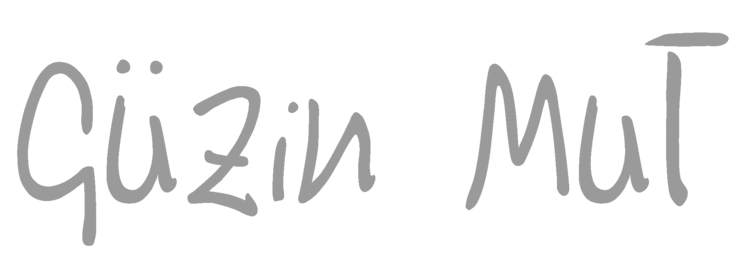The holy month of Ramadan - one of the five pillars of Islam, when devoted Muslims all over the world fast from sunrise to sunset as they reflect on their lives, families, communities, God, and themselves.
It is, in extension, a philosophical, spiritual, and social engagement. A time to practice gratitude by refraining from eating, drinking, or any pleasure and thereby exercise empathy with others who may not have enough to eat, drink, or the means to feel pleasure.
It is usually a time for family and good friends to come together and break bread at one table. A time to share what you can afford with others. It is a time for the community. Relatives visit every other day. Mothers, grandmothers, aunts, and/or friends prepare a feast almost every evening. Everyone almost synchronically breaks their fast either with a date or a sip of water. The sound of the TV or radio, which is announcing with a prayer that the sun went down and it’s time for Iftar, the evening meal for breaking the fast.
This year the COVID-19 is all around us. I could not help but wonder how Ramadan looks like this year. Is there any difference? How does it feel and look? Since there are contact restrictions in place, I planned of documenting the evening dinners (iftar) through video calls. I decided to ask around my friends from all over the world, who are devoted Muslims. From Berlin to Bangladesh, from India to the UK.
In Dhaka, Bangladesh, Ismail and his mother and grandmother break their fast together with simple and modest food, like dates, banana, fruits and roti. They all stay in contact via video calls (first picture of his mother chatting with her other son).
Ishaque lives alone in Liverpool, UK, in a dormitory. His evening ritual includes breaking the fast with some dates and cucumber, banana and yogurt drink. Later he cooks himself a main dish like chicken.
For his religious routines he stays in contact with his friends and fellow devotees via online forums and chats.
Mine and her mom break their fast together in Berlin, Germany. With Germany’s contact restriction loosened, sometimes they share their meal, but usually it’s just them two. They break their fast with water or a bit of mineral salt (which is supposedly good for cleansing before eating), followed by soup as an appetizer and then a hearty Turkish dish.
Janees and her family observed a different kind of Ramadan this year. She usually would spend this time in her hometown in Kashmir. With the strict lockdown in India though, she and her parents were forced to shelter in place in the south in Tamil Nadu, where they were visiting her sister. On the one hand she misses their Ramadan traditions in Kashmir, on the other hand she was very grateful to spend time with her sister, niece and brother-in-law.
It turns out that the feeling of Ramadan did not change much. Yes, there is a bit of nostalgia, of times when families would come together and share food with others. But in the core, the “spiritual and physical cleansing” which happens within, for the most part, was not affected. One friend said, “ We usually eat alone during the work week anyway.” Another said “Ramadan dinners are very modest for us. We refrain from lavishness.” Another one said “In one way the lockdown was good for us. It was physically easier to fast since we stayed home and were not working out in the heat.”
For the most part families and friends seem to make do with video chats before or after dinner, to connect with each other. The act of ¹Zakat adapted as well. This year one of my friends used social media and donated meals online. She said she found some appropriate ads (like the one on the right) on her Instagram.
I’m not religious, but I remember distinctively one rule of Ramadan: Observe but do not harm the body. During these times it meant also not to risk infections by going to mosques or prayers. Ramadan prayers were observed at home instead of in the mosque. A friend told me that it is not mandatory to pray in the community, although it gives a greater feeling.
All in all, COVID-19 doesn’t seem to have affected the core beliefs of Ramadan. It changed its traditions, but not its essence. Although this sample project is not representative of the whole Islamic world, it was certainly interesting to see the adaption to uncertain times.
¹Zakat is the compulsory giving of a set proportion of one's wealth to charity. It is regarded as a type of worship and of self-purification. Zakat is the third Pillar of Islam.
Disclaimer: I directed my subjects where to put their phones/laptops or how to hold them up and in which way to adjust the lighting. I took the screenshots or photos via my own camera in hand from the screen. Challenges especially included: limited mobility, strong internet connection, sufficient lighting, and laptop camera function.
















